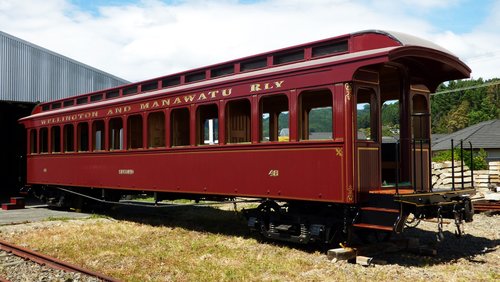Learning Style: |
Recorded webinar |
CPD hours: |
1 CPD hour |
Cost: |
|
The Resource Management Act (1991) describes sustainable management as “managing the use, development, and protection of natural and physical resources in a way, or at a rate, which enables people and communities to provide for their social, economic, and cultural well-being and for their health and safety”. However, the first step to carrying out this purpose must lie in understanding our environment and the effect of our activities.
The aim of the environmental series is to develop an understanding of how anthropogenic activities and waste streams impact upon the natural environment.
The series comprises four webinars; Earth, Water (I)- Fresh, Water (II)- Marine and Air. This webinar will focus on the earth, covering topics including soil as a resource, soil loss, erosion and contamination.
Learning outcomes
The environmental stream objectives are:
- To understand “Sustainability” issues within the engineering industry, incorporating waste minimisation.
- To recognise the impact of solid, liquid and gaseous waste discharges to the natural environment.
- To consider the complexities for determining and monitoring the extent of environmental degradation.
- To raise awareness of the human impact on sensitive or local ecosystems, such as Antarctica; New Zealand.
- To identify the oceans as the receiving endpoint of industrial activity and understand the consequences of various inputs to the marine environment.
Intended audience
This series of webinars will be of interest to engineers of all levels looking to improve their understanding of environmental issues, as well as those who are involved with waste and environmental management, government bodies and general science.
Presenter information
Terri-Ann Berry
Terri-Ann Berry has worked at Unitec as a Senior Lecturer and Lead Researcher for Environmental Engineering for the last eight years. Prior to this, she worked in the water industry in the UK for ten years as a Senior Scientist and later on as a Scientific Consultant. Her background is chemistry and process engineering and current areas of research include asbestos remediation, waste minimisation, treatment of high nitrate agricultural runoff and indoor air quality issues.




